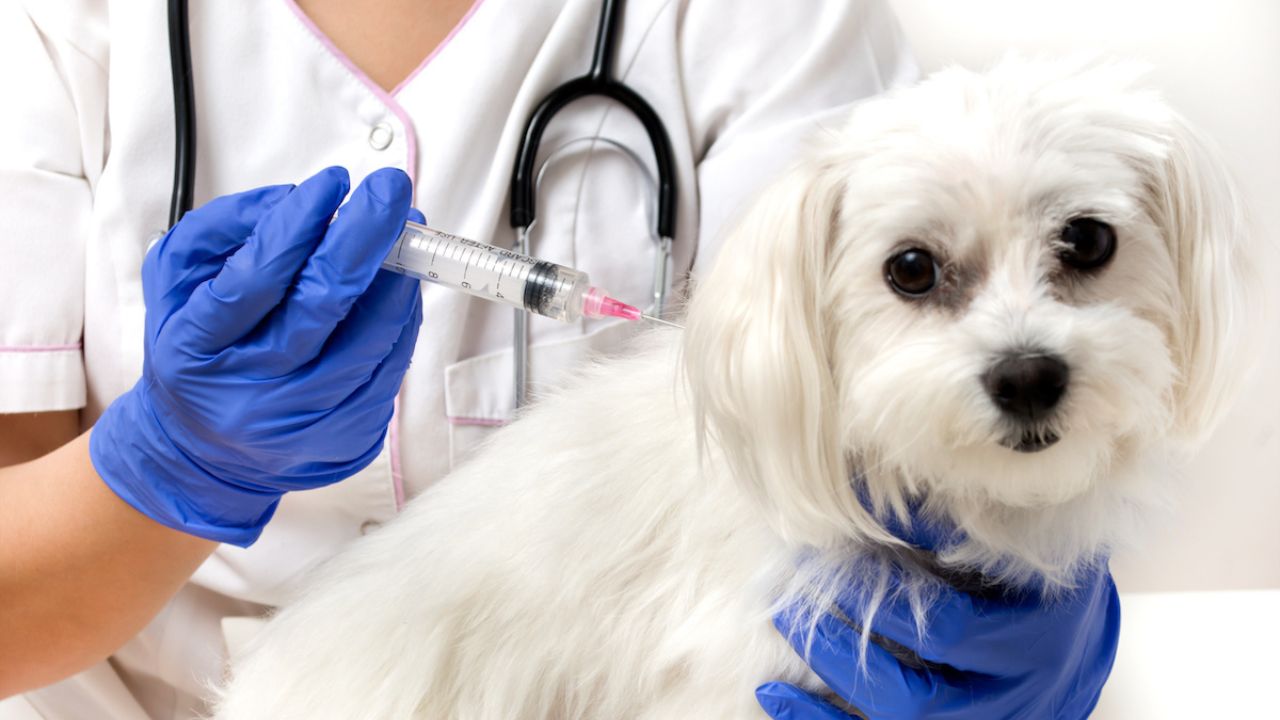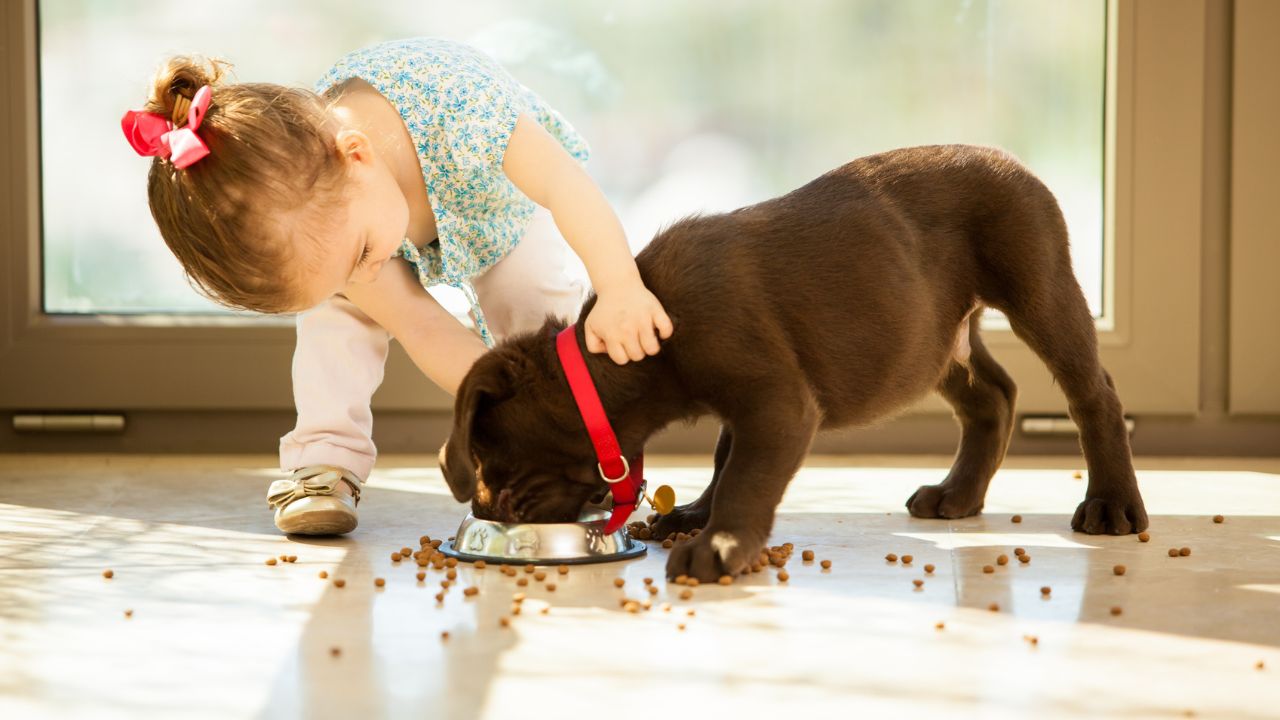Welcoming a new puppy into your home is an exciting and rewarding experience, but it also comes with great responsibility. Like human babies, puppies require specific care and attention during their early weeks of life. This comprehensive guide will take you through a week-by-week journey of caring for your adorable furry friend, ensuring their physical and emotional well-being.
The Newborn Stage
During the first two weeks of a puppy’s life, their mother plays a crucial role in their care. Ensure a warm and quiet environment for the mother and her pups. Monitor the puppies’ weight gain, a key indicator of their health. Puppies are born with closed eyes and ears, so their world is primarily experienced through touch and smell. Provide a comfortable nesting area with soft bedding and keep the space clean to prevent infections.
Eyes Open and Socialisation Begins
Around the third week, puppies open their eyes, and their sense of hearing develops. Introduce soft toys and gentle human touch to encourage early socialisation. Begin offering premium quality puppy food that is easily digestible. Gradually introduce a designated elimination area to start potty training. Consult with your veterinarian to schedule the first round of vaccinations.
Teething and Basic Training
Teething typically begins around week five, so provide appropriate chew toys to soothe their discomfort. Continue socialisation by exposing them to different environments and people and gentle play with other puppies. Start basic training commands like “sit” and “stay.” Feed them a balanced diet with puppy-specific nutrients to support their growing bodies.
Independence and Crate Training
As the puppies become more independent, please encourage them to explore their surroundings. Introduce a crate for sleeping and safe confinement when necessary. Continue with basic training, reinforcing positive behaviours with treats and praise. Schedule the second round of vaccinations and discuss options for microchipping and spaying/neutering with your veterinarian.
Advanced Training and Regular Exercise
At this stage, your puppy is ready for more advanced training commands. Focus on leash training and recall commands for better control. Provide regular exercise, but be mindful of not overexerting them due to growing joints. Establish a consistent feeding schedule and transition to high-quality puppy food designed for their specific breed size.
Final Vaccinations and Ongoing Care

Complete the initial vaccination series and discuss a long-term vaccination schedule with your veterinarian. Continue reinforcing good behaviour through positive reinforcement. Regular grooming sessions, including nail trims and tooth brushing, should become part of your routine. Monitor their weight and adjust their diet accordingly as they approach adolescence.
Final Preparations
In puppy care, the phrase “Final Preparations” carries significant weight as you approach the culmination of your pup’s initial weeks. As your furry companion strides into Week 15, these preparations become paramount for a seamless transition into adulthood. The focus shifts to ensuring your home is a haven for a growing and curious pup.
Conduct a thorough puppy-proofing, eliminating potential hazards and securing items that could pose risks. Celebrate the milestones achieved during the previous weeks and anticipate a smoother transition.
These final preparations contribute to your puppy’s physical safety and pave the way for a harmonious and joyful companionship. Embrace this phase enthusiastically, knowing your commitment and care have laid a solid foundation for a lifelong bond with your four-legged friend.
Puppy-Proofing the Home
Creating a haven for your new furry friend involves an essential step – Puppy-Proofing the Home. Ensure a secure environment by removing potential hazards and securing items that could pose a threat to your curious pup. Tuck away electrical cords, secure cabinets, and remove toxic plants. Invest in chew-proof toys and designate a cosy space for your puppy to retreat.
By taking these precautions, you protect your puppy and create a stress-free space for them to explore and grow. Puppy-proofing is crucial to responsible pet ownership, fostering a safe and happy home for your newest family member.
Last Tips for a Smooth Transition
The journey of raising a puppy involves numerous exciting milestones. As you approach the end of the 15-week guide, “Last Tips for a Smooth Transition” becomes paramount. Ensure your home is puppy-proofed, removing potential hazards. Celebrate the big and small achievements as your furry friend grows. Cherish the moments of bonding and joy.
Anticipate a seamless transition to adulthood by staying attentive to your puppy’s needs. These last tips are a gentle reminder to savour the final weeks, fostering a loving environment that sets the stage for lifelong companionship.
Conclusion
How to care for puppies week by week, caring for a puppy week by week requires dedication, patience, and a commitment to their well-being. Following this comprehensive guide can create a strong foundation for a happy, healthy, and well-adjusted canine companion. Remember, every puppy is unique, so adapt your approach based on their individual needs and enjoy the journey of building a lifelong bond with your furry friend.
FAQ
What Week is The Hardest With a Puppy?
How to care for puppies week by week, your puppy is the most impressionable during this period, Cooper says. And while it’s important to continue introducing them to new stimuli as they near the end of the socialisation window, keep in mind that they’re very sensitive to anything new.
What Do 3-Week Old Puppies Need?
At around 3 weeks old, you can start weaning a puppy by introducing them to puppy food soaked in warm water to make it easier for them to eat. You can gradually reduce the amount of water as the puppy gets used to the texture.
What Should I Expect from a 1-Week-Old Puppy?
How to care for puppies week by week, during the first three weeks of life, a puppy is almost devoid of senses. Its eyes, ears, and nose will work properly in week three, and they will also respond to stimuli from humans later. Puppies sleep most of the time, vital for a newborn’s development.
Can Puppies Survive 7 Days Early?
Puppies born 5-7 days early have a reasonable chance of survival. Puppies born more than 8 days early usually cannot swallow or go to the bathroom without help. They will need 24-hour care and may still die. Puppies born more than 10 days early are very unlikely to survive.
How to Discipline a Puppy?
how to care for puppies week by week, Puppies crave consistency in their daily routine and puppy training. Correct bad dog behaviour immediately and firmly every time it happens with a firm voice, a loud noise like a hand clap, or through redirection, like offering them a chew toy when they exhibit biting behaviour.

